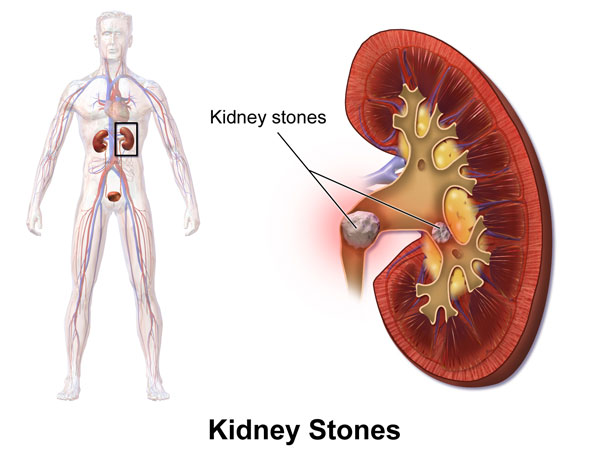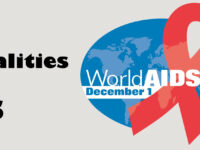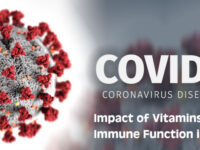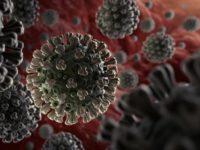What makes people at risk of developing kidney stones? Here are some surprising risk factors you should know to get rid of it early. Prevention is always better than cure.
1. Too little citrus
Less intake of citrus fruits and vegetables can contribute to formation of kidney stones. Since citrus fruits has citrate, it may lower your susceptibility in forming kidney stones. Start right by adding a squeeze of lemon or lime to your water and get benefits from consuming citrus fruits. However, it is better to increase intake of fruits and vegetables to prevent kidney stones.
Magnesium plays a vital role in lowering the risk for developing kidney stone. Hence, eating more veggies to get enough magnesium as it plays a vital role in your body’s absorption and assimilation of calcium. Inadequate magnesium in the body could make excess calcium to become toxic and contribute to health conditions like kidney stone.
2. Too much spinach
Spinach is high in oxalates. These chemicals bind with calcium and should be excreted via your urinary tract. Increased concentration of oxalates can retain in your urine and form kidney stones. So eat spinach in moderation.
3.Insufficient amount of calcium
Consuming low calcium diet are prone to develop kidney stones than those who consume more calcium. Eating calcium-rich food is a lot essential than consuming calcium supplement which is reported to increase risk of developing kidney stones by 20 percent.
4. Excessive iced tea intake
Since black tea is an abundant source of oxalate, overconsumption of it may increase the risk of stone formation. Recently, the New England Journal of Medicine reported an old man who drank 16 eight-ounce glasses of iced tea daily was brought to the hospital due to kidney failure and was found to have abundant calcium oxalate crystals in his urine.
5. Migrane medication
Taking migrane medication topiramate adds up to the pH levels in your urinary tract, leading to higher risk of kidney stone formation.
6. Overuse of laxative
Too much use of laxative interferes with your body’s ability to absorb and utilize nutrients, and may lead to electrolyte imbalance which makes it as another risk for developing kidney stones. Laxative abuse can also cause dehydration.
7. Family History
If you have a family history of kidney stones, you have high chances in getting it. The inability to absorb oxalate may be an inherited trait.
8. Excess intake of processed salt
Too much sodium intake increases the amount of calcium secreted by your kidneys which may accelerate your risk for kidney stone. Remove processed foods in your diet because there are many processed salt stored in that type of food.
9. Consuming soda
Drinking soda adds to risk factor for developing kidney stones since it has phosphorus acid that makes your urine acidic. A study from South Africa shows that drinking soda aggravates conditions in your urine that adds to the development of calcium oxalate kidney stone problem.
In addition, sugar including fructose found in most soda can contribute to kidney stones as sugar upsets the mineral relationships in your body by interfering with calcium and magnesium absorption. Even children at a young age of 5 who consume unhealthy sugars and soda can develop kidney stones. Sugar is seen to increase kidney size and produce pathological changes in your kidney like formation of kidney stones.
Ditching soda is helpful in lowering stone formation risk. In a study, those who had kidney stones eliminated soda from their diet lowered their risk of recurrence by about 15 percent.
10. Inflammatory Bowel Disease (IBD)
If you are suffering from IBD, including Crohn’s disease or ulcerative colitis, you are at an increased risk of kidney stones. This condition accelerates your risk of becoming dehydrated, a major risk factor for kidney stones.
11. Recurrent Urinary Tract Infection (UTI)
Recurring UTI can be a sign of kidney stone as stones may block the flow of urine leading to UTI. Frequent UTI without known cause must be checked for possible kidney stones.
12. Obesity
Obese women who consume more than 2200 calories per day are prone to develop kidney stones by up to 42 percent. Excess weight may lead to changes in urinary tract, promoting the formation of kidney stones.














